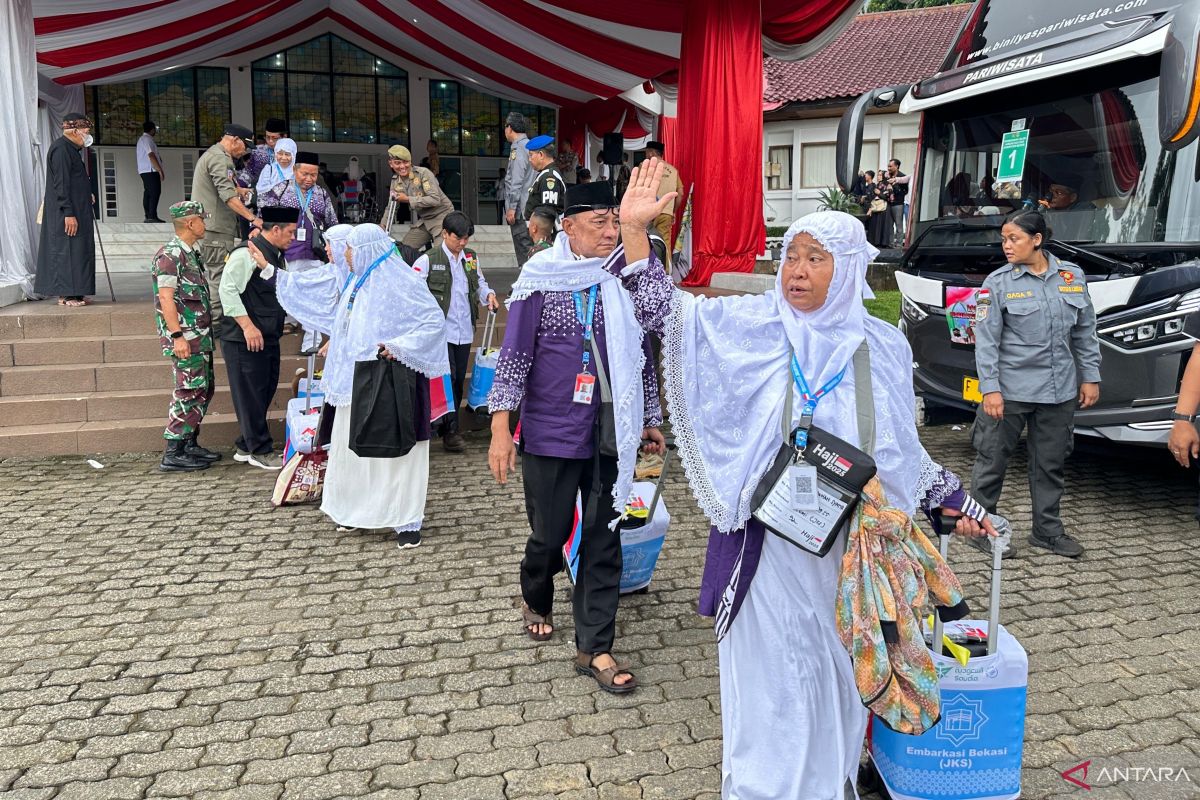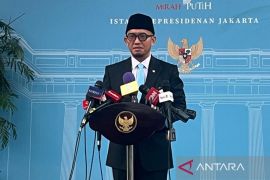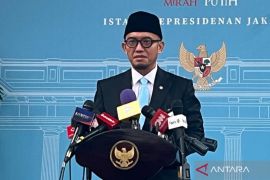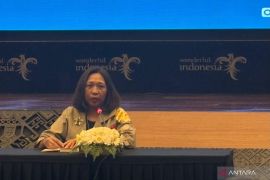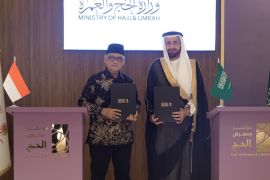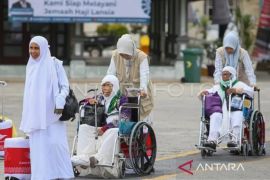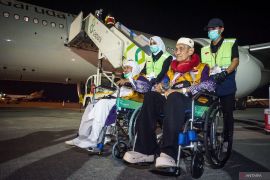Head of Communication and Information at the Hajj and Umrah Guidance Group Communication Forum (FK KBIHU) national board, Dr. Desi Hasbiyah, said the quota change has affected the emotional well-being of many pilgrims who have waited more than a decade and had previously seen their departure schedule listed in the Satu Haji application.
“Many pilgrims who were initially ready to depart next year must now accept a postponement. This creates a considerable emotional burden,” Hasbiyah said in Cibinong, Bogor, on Thursday.
The policy change refers to Article 13 Paragraph 2b of Law No.14 of 2025 on the Management of Hajj and Umrah, which allocates quotas based on the proportion of waiting lists across regions instead of Muslim population size.
Under this new arrangement, West Java’s quota drops from 38,723 to 29,643. The impact is evident in Bogor District, which now receives only 1,598 slots from the previous 3,189, and Bogor City, which sees a reduction from 929 to 603 pilgrims.
Hasbiyah said the sudden postponement has triggered anxiety and stress among some pilgrims, especially older adults or those with health concerns.
“The question asked most often is whether they still have the chance to perform Hajj at their current age. That is their main fear,” said the lecturer at Ibn Khaldun University.
She acknowledged that the policy change aims to promote fairness across regions but noted that the adjustment process will not be easy because it concerns deeply rooted religious expectations.
“This scheme is meant to support equity, but socially, it introduces a major shock that must be managed carefully,” she said.
Hasbiyah stressed that FK KBIHU sees the central issue not only in the reduced quota but also in the psychological pressure faced by pilgrims affected by the delay.
“We believe serious attention must be given to their emotional state. They should not be left to face uncertainty alone,” she said.
She urged Hajj guidance officers and community leaders to provide intensive support so pilgrims can recover emotionally and remain calm while waiting for their new departure schedule.
“Guidance officers must offer theological explanations, reinforce the concept of istitha’ah, highlight the merit of intention and the virtue of patience in accepting destiny. These are essential to maintain their peace of mind,” Hasbiyah said.
She added that the postponement period should be used to strengthen pilgrims’ preparation, improve their health, and deepen their Hajj training so they will be better prepared when their departure finally arrives.
Related news: Indonesia, Saudi Arabia ink MoU on 2026 Hajj pilgrimage
Related news: Indonesia to add more female guides for women pilgrims in 2026 Hajj
Related news: Indonesia to tighten health screenings for Hajj Pilgrims
Translator: Primayanti
Editor: Arie Novarina
Copyright © ANTARA 2025
